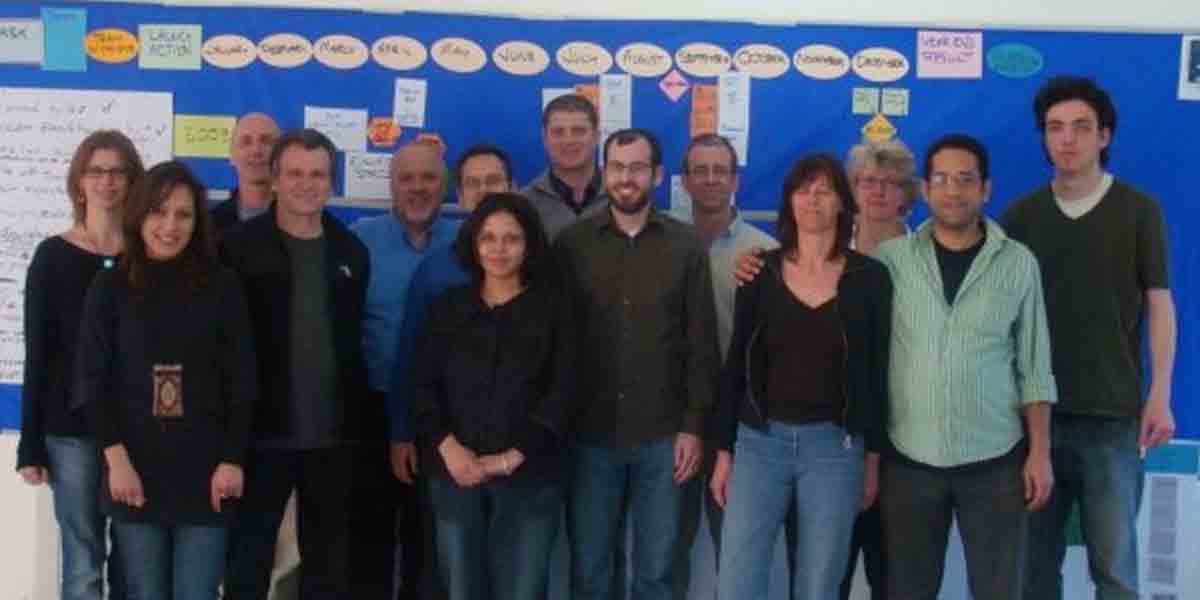Development of the Kumi Method
Client/Funding Agency:
Client/Funding Agency: Heinrich Böll Foundation
Zivik – Institute for Foreign Relations
Zivik – Institute for Foreign Relations
Duration:
2006 – 2009
Project Overview: A finding from a study conducted by the founding members of Transform e.V. was the realization that conflict resolution and transformation methods needed more attention and that the development of an integrated approach was required to expand beyond psychologically-based and identity-focused conflict resolution methods. The assumption that a conflict could be resolved merely by changing individuals’ perceptions proved to be unsustainable. Instead, mechanisms at the micro-level of a conflict must lead to changes at the macro-level to achieve sustainable outcomes. The study concluded that effective organization and direct actions were missing in such concepts.As a result, Transform began developing a new method for sustainable conflict transformation in collaboration with method experts from various conflict resolution and transformation approaches. This new method aimed to synthesize identity-based conflict resolution models with action-oriented “community development” approaches.
From 2006 to 2009, Transform worked with six method experts to achieve a synthesis of their specific methods. This new method modified the “Strategic Planning Process” (PSP) developed by the Institute for Cultural Affairs, enriching it with components from two other methods: ARIA, developed by Jay Rothman, an identity-based conflict resolution model, and TRANSCEND, a structural-analytical method developed by Johann Galtung and codified by Wilfried Graf and Gudrun Kramer from the then Institute of Integrative Conflict Transformation and Peacebuilding.
The result of this synthesis was KUMI – a method designed to effectively transform destructive confrontation into sustainable collaboration with groups.
In the following years, the KUMI method was tested in practice.
